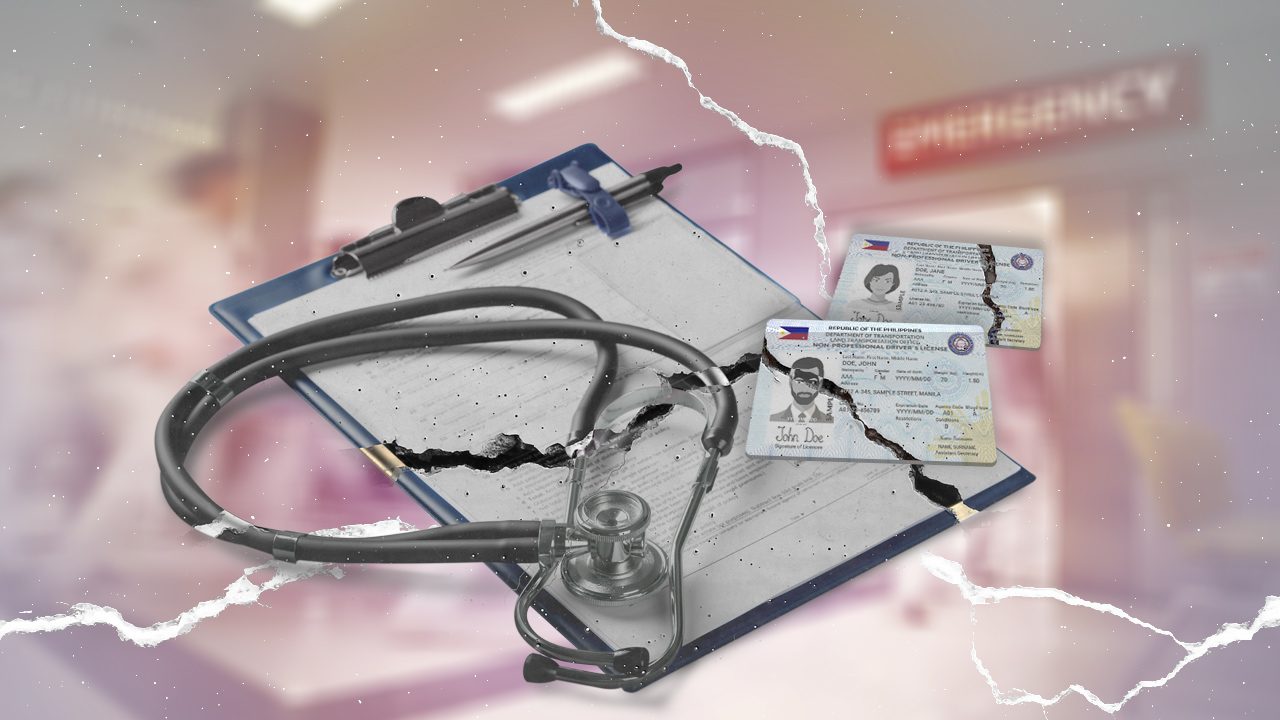Philippines Struggles to Achieve Universal Healthcare: Lessons from Thailand and Singapore

Source: news.source.rappler
The Philippines continues to face significant challenges in implementing its Universal Health Care (UHC) Law, with issues ranging from reimbursement delays and corruption at PhilHealth to uneven healthcare capacity at local government levels. Despite multiple reform attempts over the years, the country lags behind neighbors like Thailand and Singapore, where healthcare is more accessible and efficiently managed. The article suggests reforms including a more transparent and accountable PhilHealth, a dedicated UHC Tax or Bond, and better support for local government units to improve healthcare delivery.
Key Points
The Philippines has made multiple attempts at healthcare reform but continues to fall short of achieving universal healthcare.
PhilHealth faces issues like reimbursement delays, corruption, and poor infrastructure, hindering effective healthcare delivery.
Thailand's healthcare system, with its digital claims processing and universal coverage, serves as a successful model.
Local government units in the Philippines have uneven capacity to manage healthcare, exacerbated by the Mandanas-Garcia ruling.
A proposed UHC Tax or Bond could provide stable funding for healthcare, similar to systems in Thailand and Singapore.
Protecting and rewarding public health professionals is crucial for maintaining institutional memory and driving long-term reforms.


